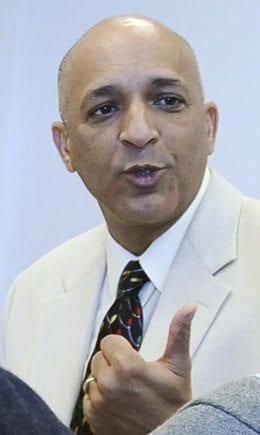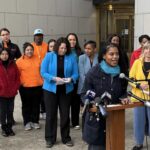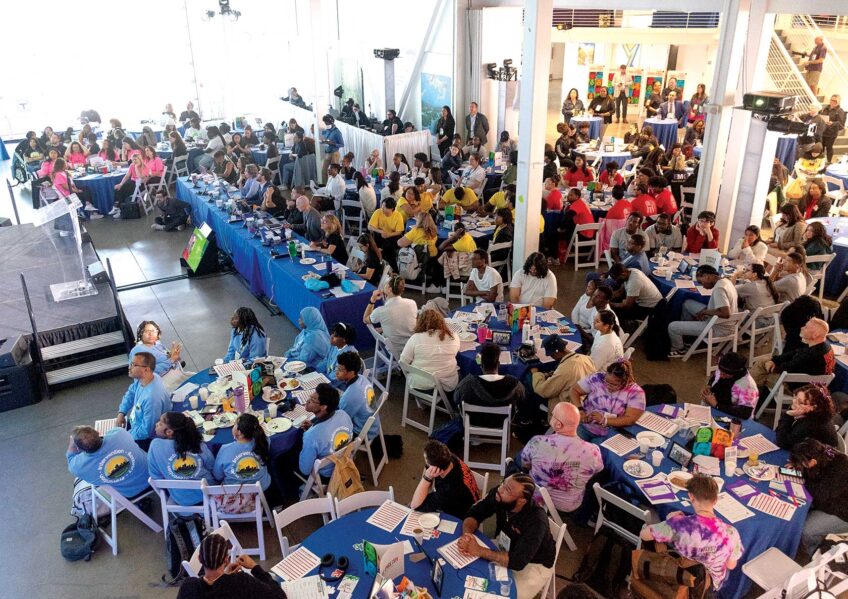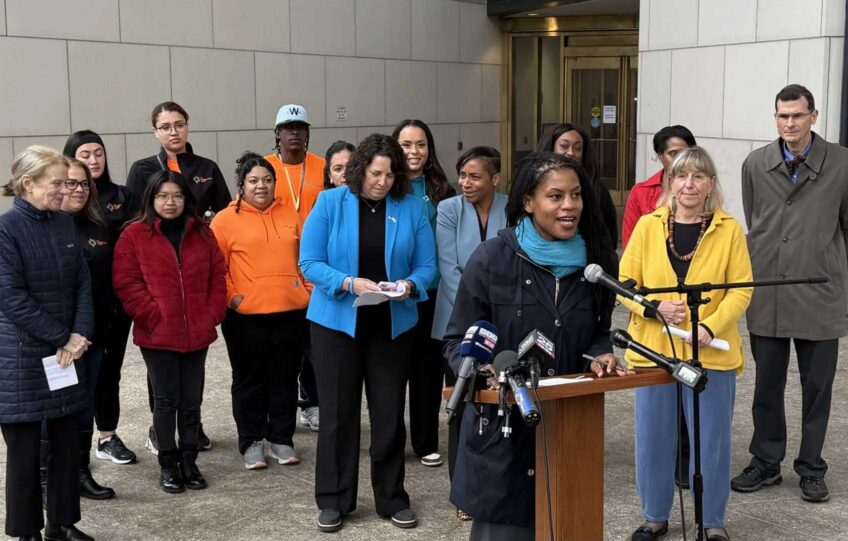
The city of Lawrence is facing a financial crisis that could bankrupt it by early next year. Angry city workers fear massive layoffs and the superintendent could be fired soon from the city’s troubled school district.
Still, Lawrence mayor-elect William Lantigua says he’s ready to tackle the city’s many problems. And he plans on doing it while keeping his old job as a state representative.
Lantigua said Wednesday that he will serve out his term as a legislator while starting his new job as a mayor next year and hasn’t ruled out running for another term next year. Admitting he’ll need to “try to avoid a heart attack’’ in holding both jobs, Lantigua said he believed holding two positions will help Lawrence get out of its current troubles.
“I will do whatever my community wants me to do,’’ Lantigua said in a telephone interview. “But I plan on finishing my [state representative] term, at a minimum.’’
Lantigua, 54, enters the mayoral job as the city faces a financial deficit of about $17 million. Lawrence officials warned that unless the city can obtain an emergency loan or state aid, the city will be broke by March. City workers have been told to expect layoffs soon.
A working-class, majority-Latino city of 71,000 near the New Hampshire border, Lawrence is one of the state’s poorest cities and has one of the state’s highest unemployment rates.
The financial outlook of the city is so bleak that Gov. Deval Patrick visited Lawrence on Wednesday to meet with Lantigua and other Lawrence elected officials about ways the state might help the city.
“We are not in position to ride to the rescue and the mayor-elect isn’t looking for anyone to ride to the rescue,’’ Patrick said after the meeting. “What he’s looking for is an active partnership, and that’s what he’s got in the state.’’
Patrick added that both sides are “very close’’ to coming up with solutions but declined to give details.
Also waiting to greet Lantigua is the uncertainty around Lawrence Superintendent Wilfredo Laboy. He has been on leave from his $200,000-a-year job since June after police raided his offices and home in a probe of possible financial improprieties.
The state Office of Campaign and Political Finance said in
September that Laboy and others used school department printing presses to help political candidates. No charges have been filed related to the case.
Still, members of the outgoing school committee are weighing whether to start proceedings to fire Laboy — a long process that could drag on when the new school committee meets in January.
Lantigua, who as mayor would also run the school committee, refused to say what he would do about Laboy.
Nothing in Statehouse rules prevents Lantigua from being mayor and state representative. In the past, other state lawmakers have also served as a councilor or alderman. But usually those other positions are part-time, according to state officials.
Marguerite Kane, a political science professor at Merrimack College, said Lantigua can expect the mayoral job to be demanding and that it will be difficult to keep up with the obligations of both jobs.
“On the other hand, maybe Lantigua feels that by retaining his [legislative] seat, he can be a better advocate for Lawrence,’’ Kane said.
Richard Padova, a government professor at Northern Essex Community College, isn’t sure Lantigua can do it all.
“I don’t see how both jobs could be done adequately,’’ said Padova. “I don’t care how good your staff is.’’
Lantigua says he won’t decide whether he’ll seek re-election to the House until sometime next year, when his current two-year term expires.
The Dominican-born Lantigua last month became the first Latino elected mayor in Massachusetts history.
(Associated Press Writer)






